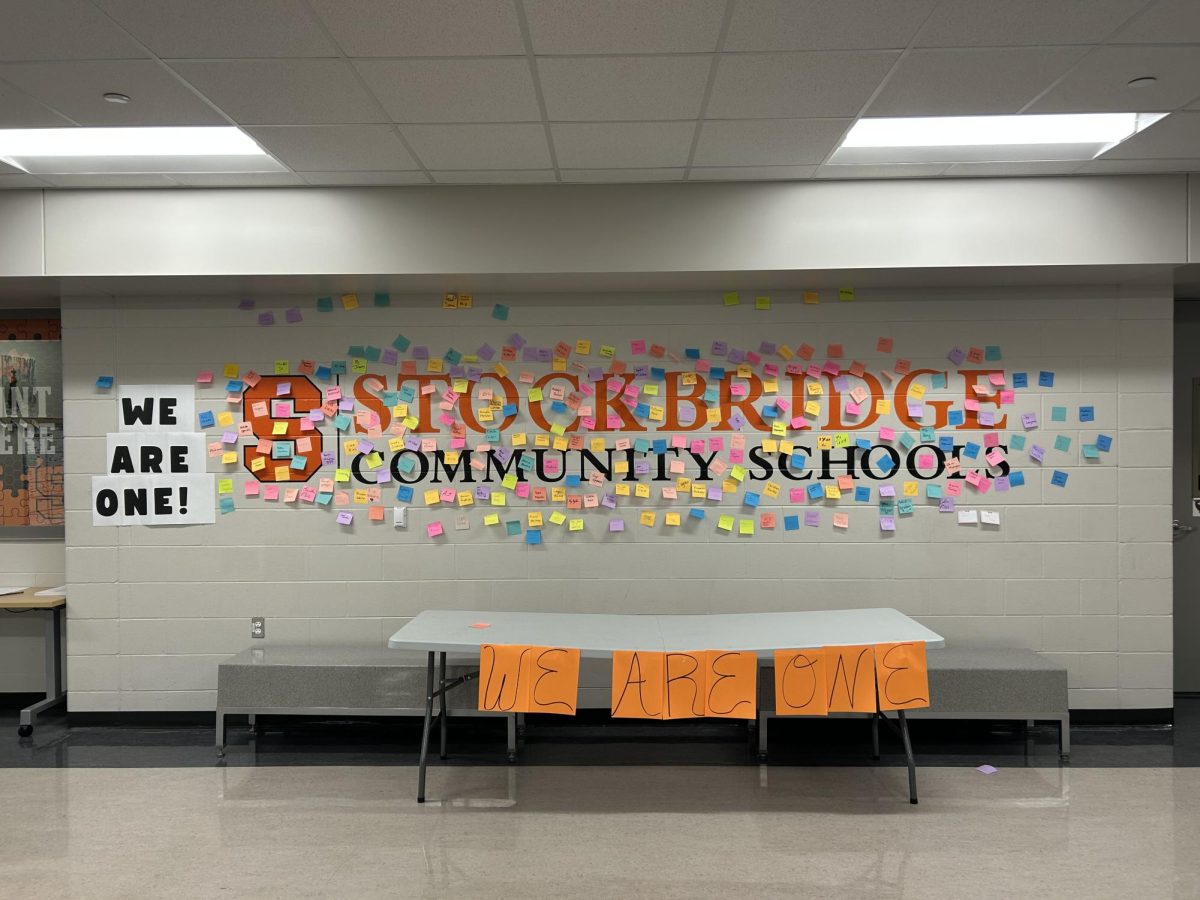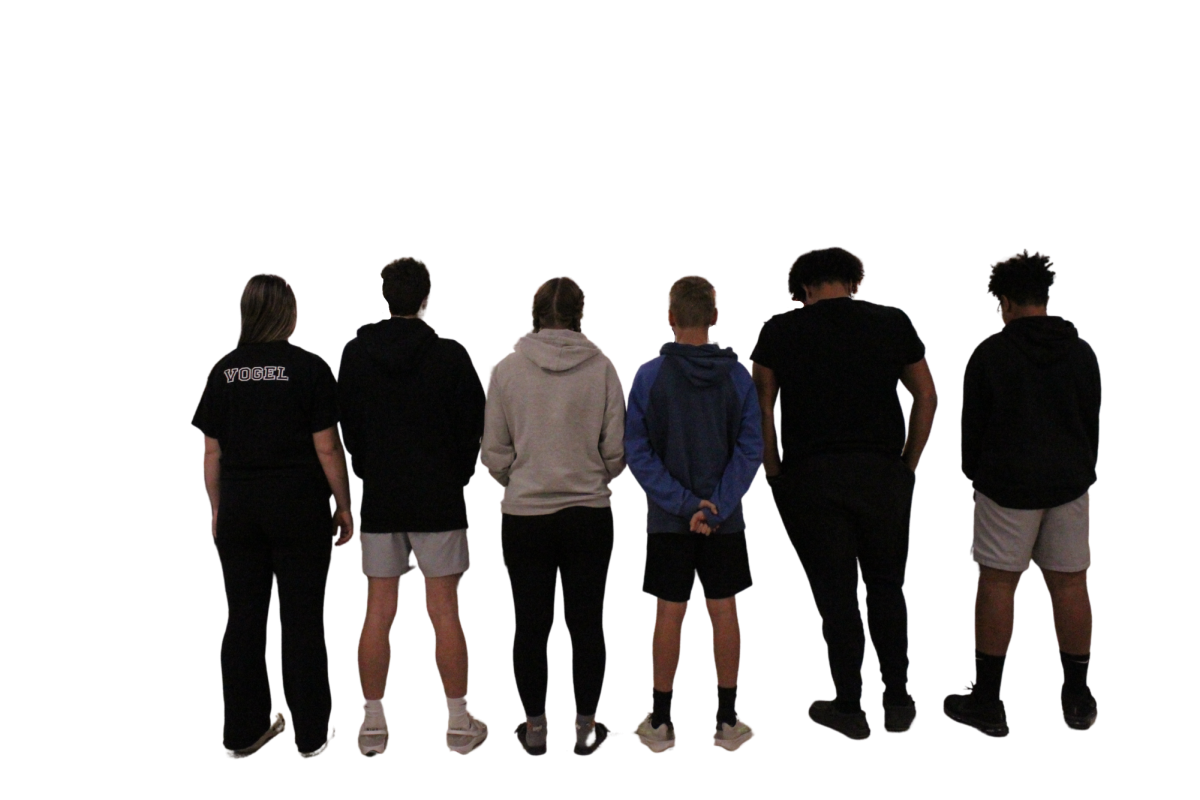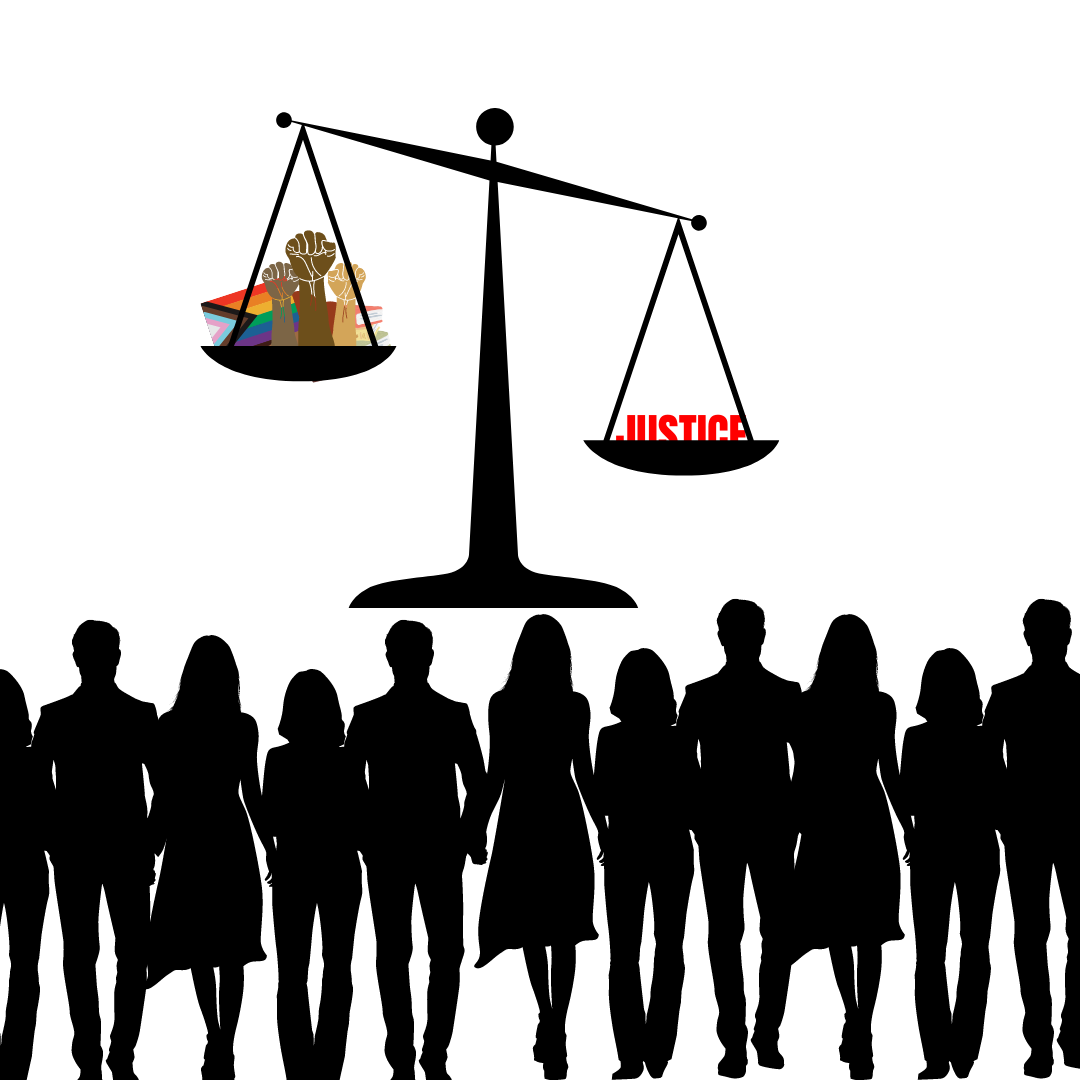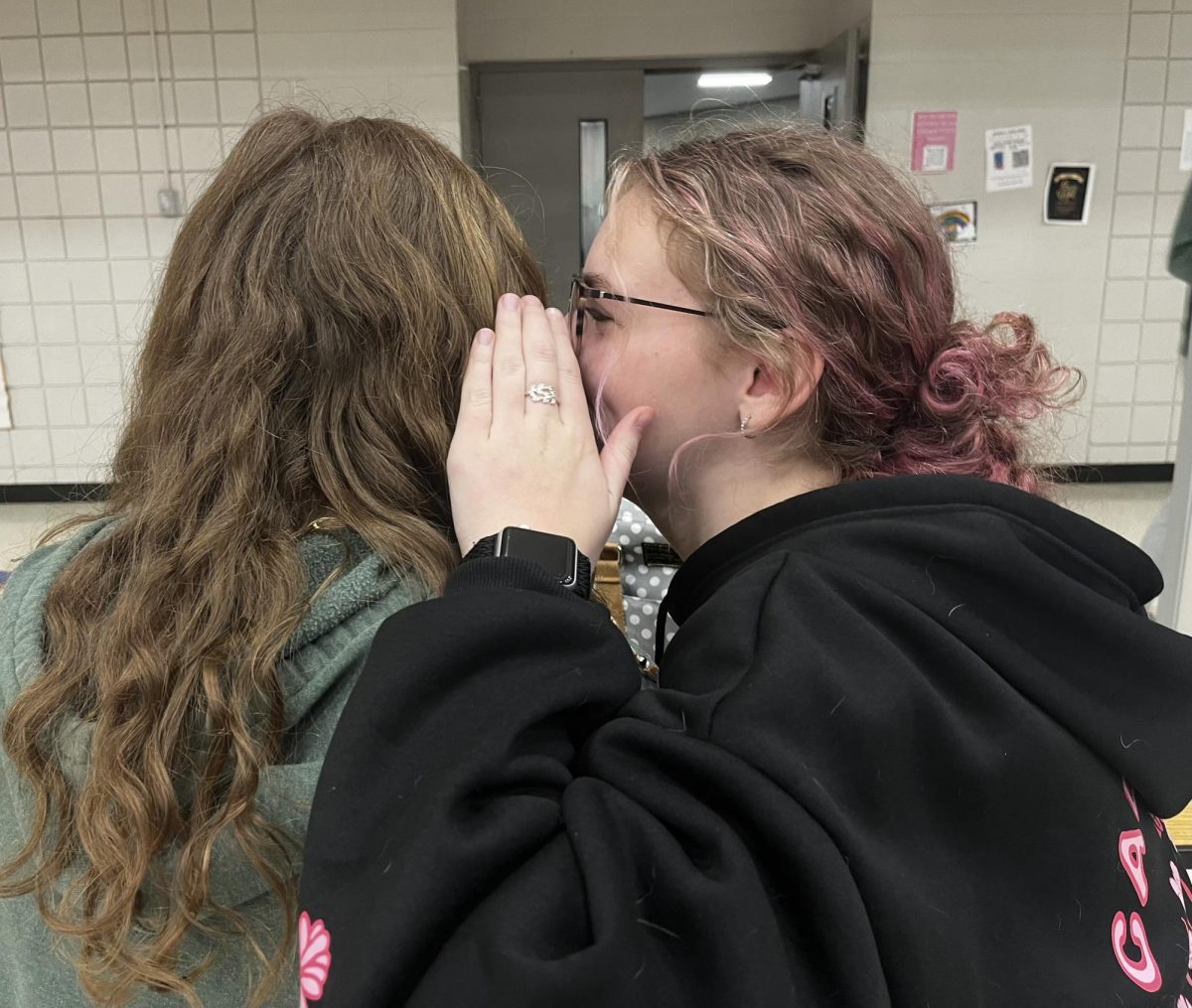A putrid scent drifts from the cabinets of room 305. Biology teacher Charles Bunce goes to investigate the stench and opens the cabinet revealing a decaying rabbit floating in rotten chocolate milk along with other miscellaneous items.
Bunce admits that having to evacuate the halls was probably his worst day last year. Unfortunately, that was not the only instance of student disrespect. Students vandalized his room throughout the year. They tore off his hand sanitizer dispenser, broke sinks, blew outlets and would even disrupt learning with obnoxious shouting.
“Usually I like to keep the things that happen in my classroom in my classroom, but that day felt bad because it went out into the halls and other people smelt it and I just felt sad and a little disappointed because it was something that I gave them trust for,” Bunce said.
While Bunce predominately taught sophomores, there is not one specific grade that is the root of the problem; all grade levels have been openly defying their teachers and crossing boundaries that are inappropriate for the school environment. Every one of us has been in a classroom where we want to speak up and take a stand against this disrespectful behavior. However, collectively, we all are scared for the repercussions we may face when standing up to our peers. We do not want to be picked on and singled out by our classmates, even if we know what they are doing is wrong.
“Everyone is responsible for their own actions,” English teacher Hollie Pasterino said. “So students, you can’t control your peers. Obviously, you have no impact over what your peers do, but you can control your own actions and you can control how you react to situations.”
So even if you do not have the courage to stand up to the student who is acting outrageously, you can control how you react. If you ignore their mischievous behavior and don’t encourage them with a laugh, then you take their power away.
Although students can continue to discourage rude behavior, they can only do so much. Like Pasterino previously said, even if we set a good example that doesn’t guarantee that other students will follow it. It should not be the students’ sole responsibility to monitor the behavior of their peers.
There needs to be more than just students’ voices. Administrators have to take responsibility and discipline students otherwise this horrible behavior will keep recurring, turning into a vicious cycle.
“When you hear something from a peer, it is much different than hearing from an adult,” assistant principal Derek Douglas said. “Because when you say it as a peer it depends on the student, it may mean way more.”
As most of these acts have been committed by separate grade levels, the entire school has now been involved, making the problem even harder to resolve.
“When there’s a group of people and if I am trying to investigate something, or Mr. Trapp is trying to investigate something and if no one is being honest or telling us what’s going on, then it can be really tough to look at a group and then say this person did this and this person did that,” Douglas said.
While we understand that it is not easy to pinpoint the culprit, it should also not be ignored. The more students get away with bad behavior, the more they are going to continue acting recklessly. The school needs to take control of the discipline against these students, instead of counting on other students to take care of the problem.
We can guide but we can’t tell
0






